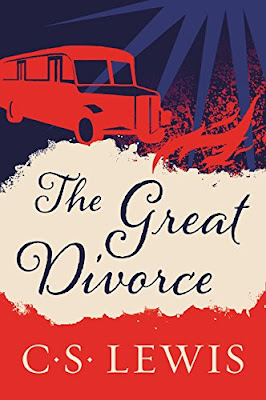Play some Chess!
I will admit, and my wife will agree, that I am a little bit
of a nerd. I love strategy. I love learning about fatal maneuvers in wars and
battles gone by. Like Hannibal's double envelope at Cannae, or Stonewall
Jackson's flank march at Chancellorsville. I enjoy reading about critical
night marches and feinted movements that left the enemy lost in the dark.
I think, in fact, that my love for sports is due largely to my love
for strategy. Soccer in particular is a game of tactical
precision--where the faster, stronger player by no means has the
advantage over the skilled technician. I also relish board games
where each movement has to be perfectly calculated; and the cost of
each thrust and parry must to be carefully weighed before engagement.
Games like chess.
I have been dabbling in chess for the last few years online
through chess.com. And though I am quite the novice (and lose frequently) I
am still a big fan. Here are a few reasons why you should dabble too:
- The game of chess is over 1,000 years old, treasured for generations in cultures all over the world. To take part in something with so much historical significance--played by so many people in the past-- is a no brainer!
- Chess exercises both sides of your brain. Though heavily logical and mathematical (left side), chess requires substantial creativity (right side) and resourcefulness to discover attacks on your opponent. It also is said to improve problem solving skills and memory. There is a whole list of additional health benefits in this article if you would like to learn more.
- Chess is easy to learn but impossible to perfect. Elementary age kids can fundamentally understand the rules, but even the best Grandmasters in the world make inaccurate moves (with over 315,000,000,000 possible combinations in the first 4 moves, can you blame them?). This means, of course, that just as in life you can never "arrive" in chess. You are always improving and always bettering your game.
- Chess is a way to keep up with old friends. I keep in touch with one of my best friends from college through playing him in chess! For us, chess is a great incentive to keep in contact with an added competitive edge. And once a few games are over, a phone call is likely to follow.
- Chess, unlike most video games, has benefits for life. Don't believe me? Consider these words from Founding Father and chess master Benjamin Franklin:
The Game of Chess is not merely an idle amusement; several very valuable qualities of the mind, useful in the course of human life, are to be acquired and strengthened by it, so as to become habits ready on all occasions; for life is a kind of Chess, in which we have often points to gain, and competitors or adversaries to contend with, and in which there is a vast variety of good and ill events, that are, in some degree, the effect of prudence, or the want of it. By playing at Chess then, we may learn: 1st, Foresight, which looks a little into futurity, and considers the consequences that may attend an action ... 2nd, Circumspection, which surveys the whole Chess-board, or scene of action: - the relation of the several Pieces, and their situations; ... 3rd, Caution, not to make our moves too hastily. --Benjamin Franklin, The Morals of Chess.
Looking for some new hobbies? Maybe something that might be
enjoyable and not a *complete* waste of time? Awaken the inner nerd and try your hand at chess. And challenge me when
you think yourself a suitable opponent.




Comments
Post a Comment